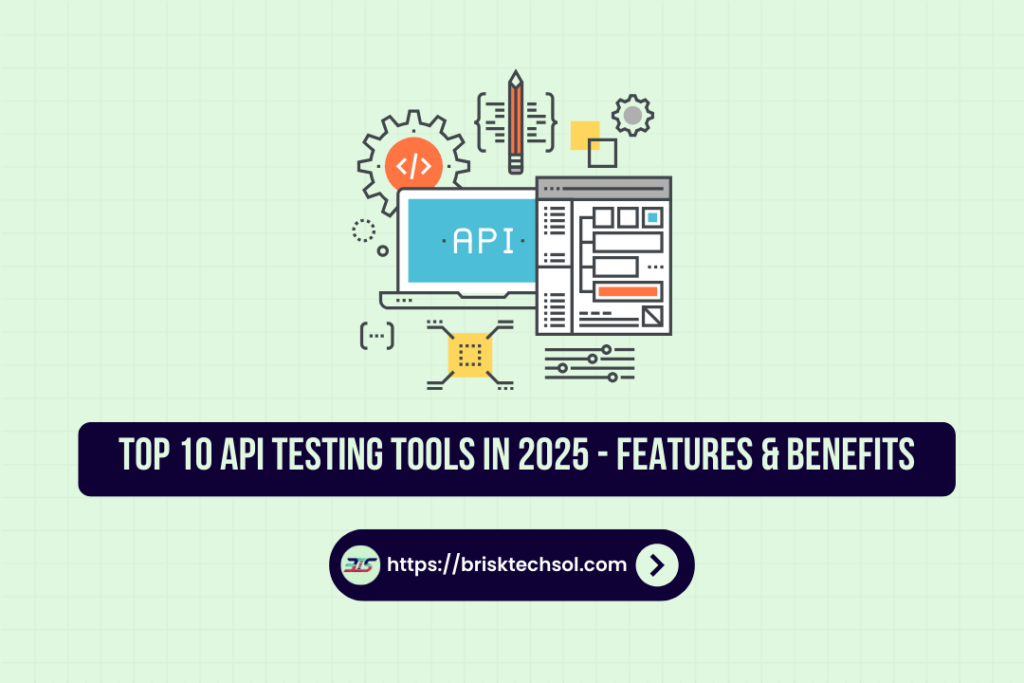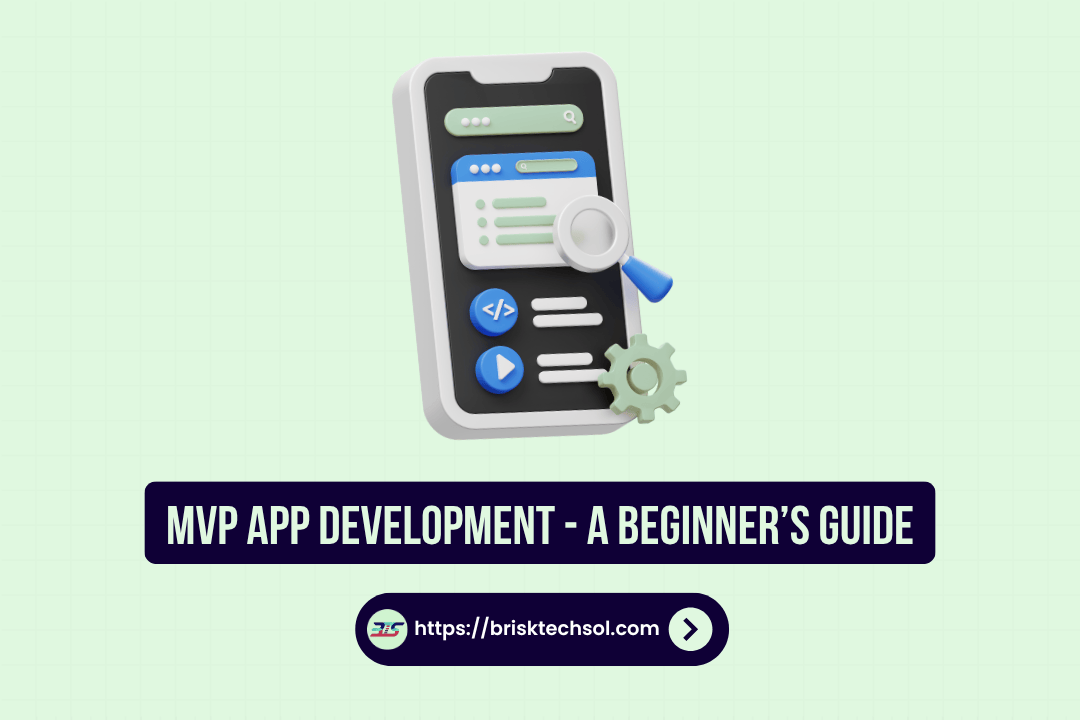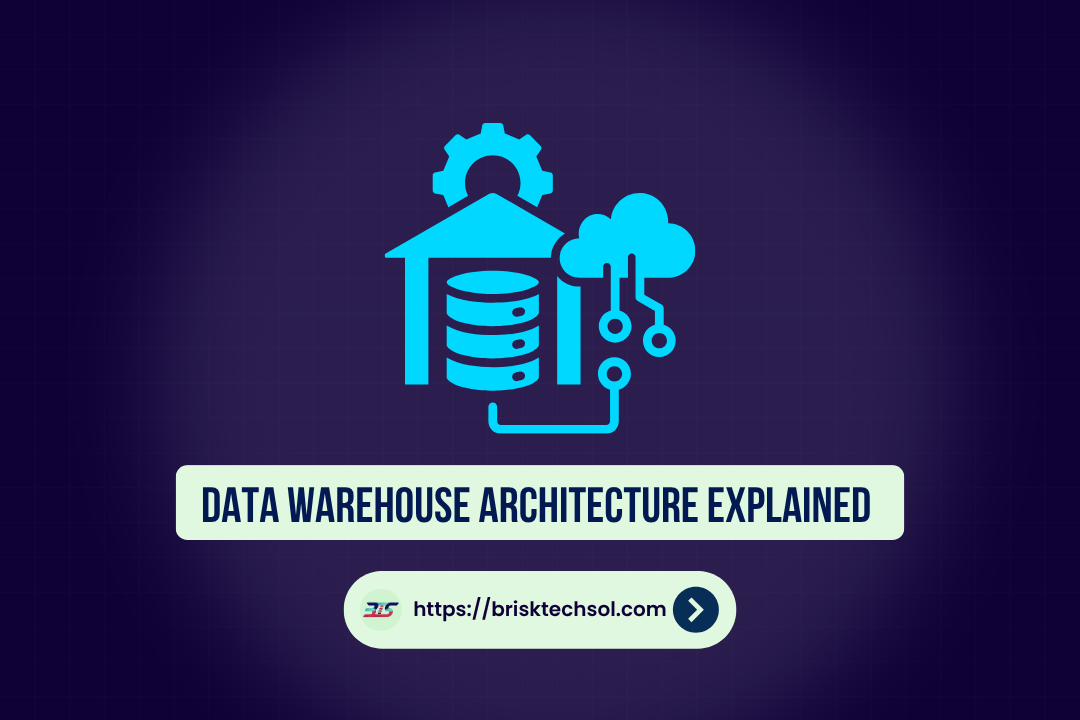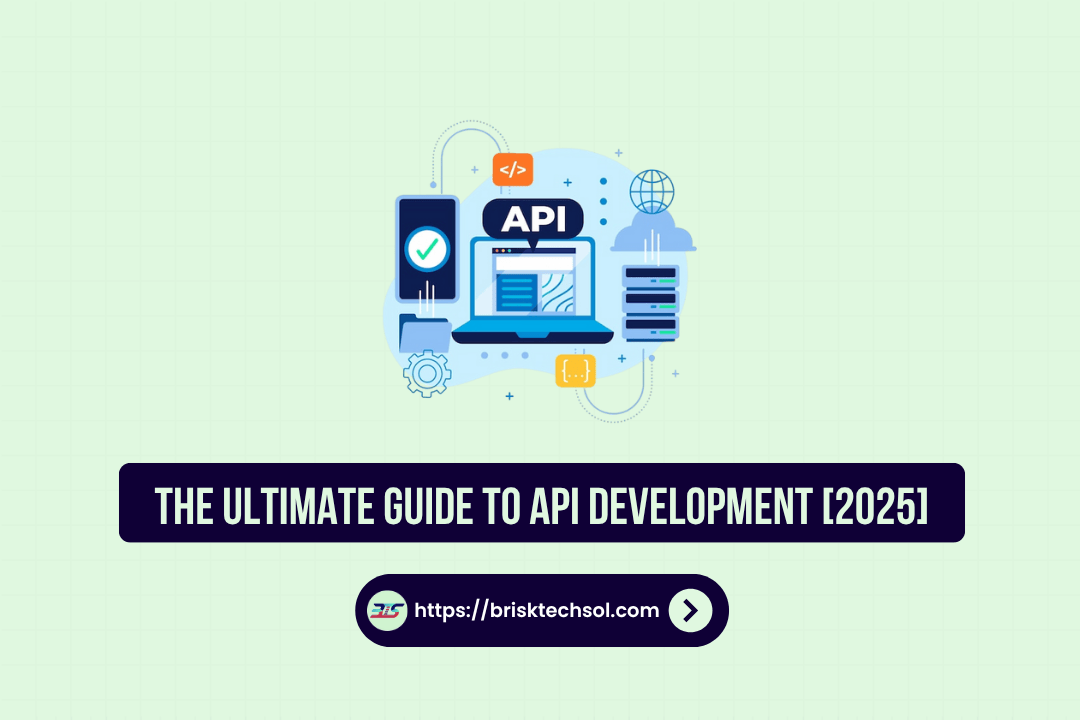API testing is changing fast in 2025 as organizations demand easy integration and strong security. API testing tools play a crucial role in ensuring high-quality software delivery. This guide explores the top 10 API testing solutions, highlighting key features, benefits, and best practices for a streamlined DevOps environment.
Overview of API Testing in 2025
In 2025, API testing has transitioned from basic manual validation to a sophisticated, automated process that is central to modern software development. API testing involves verifying the functionality, performance, and security of application programming interfaces. As businesses increasingly rely on microservices and cloud-based architectures, ensuring that APIs function correctly under different conditions has never been more critical.
One of the most significant trends is the integration of API testing into continuous integration/continuous delivery (CI/CD) pipelines. With this approach, tests are automatically executed every time new code is pushed, ensuring immediate feedback and quick resolution of any issues. According to recent studies, over 70% of modern applications depend on APIs for data exchange, making robust API testing an indispensable part of quality assurance.
Importance of API Testing Tools
API testing tools have become a cornerstone in the software development process, primarily due to their ability to ensure that applications are reliable, scalable, and secure. These tools are indispensable in identifying issues early, reducing the risk of downtime, and guaranteeing that integrations function as expected. The resulting boost in efficiency translates into faster release cycles and higher customer satisfaction.
In a DevOps and agile development environment, automated API testing streamlines the workflow by enabling continuous feedback. Developers can detect bugs and performance bottlenecks immediately, which is essential for maintaining a high level of quality. For instance, automated regression testing using these tools can reduce manual testing time by up to 50%, ensuring that new features do not break existing functionality.
The benefits extend beyond just speed; they also improve the overall quality of the product. With effective API testing, teams can reduce security vulnerabilities, improve error handling, and ensure compliance with industry standards. This is particularly important in sectors such as finance and healthcare, where data integrity and security are paramount.
Top 10 API Testing Tools in 2025
1. Postman
Postman remains a leader in the API testing arena in 2025. Known for its intuitive interface, Postman simplifies both manual and automated API testing. It supports RESTful, SOAP, and GraphQL protocols, making it versatile for different testing needs. Key features include automated testing workflows, detailed reporting, and seamless integration with CI/CD pipelines.
Benefits:
- User-friendly design ideal for beginners and experts alike.
- Extensive community support and regular updates.
- Flexible pricing, with free and enterprise tiers to match varied needs.
Postman’s robust ecosystem and advanced debugging tools make it indispensable for organizations focused on continuous API quality assurance. Industry jargon like “API sandboxing” and “integration testing” are part of its everyday vocabulary, ensuring developers can quickly diagnose and fix issues.
2. SoapUI
SoapUI continues to be a preferred option for comprehensive testing, especially for SOAP-based web services. Its open-source edition is popular for functional testing, while the Pro version adds advanced data-driven testing capabilities and enhanced reporting.
Features include:
- Drag-and-drop test creation and extensive protocol support.
- Built-in security testing and load testing functionalities.
- Seamless integration with popular CI/CD tools.
Benefits: - Highly customizable to meet specific project requirements.
- Supports both RESTful and SOAP APIs, catering to diverse development environments.
SoapUI’s deep focus on security and performance testing makes it essential for enterprises that require rigorous quality assurance and compliance with industry standards.
3. JMeter
Originally designed for performance testing, JMeter has evolved to support comprehensive API testing. Its open-source nature makes it a cost-effective solution for both small and large-scale projects.
Key Features:
- Simulates heavy loads on APIs to evaluate performance under stress.
- Supports multi-threaded testing, which is ideal for real-time performance analysis.
- Flexible scripting options using Java for advanced test scenarios.
Benefits: - Widely adopted in the industry for its robustness and reliability.
- Free and highly extensible with a broad range of plugins.
- Excellent for stress testing and identifying potential performance bottlenecks.
Industry terms like “load testing” and “performance benchmarks” are integral to JMeter’s feature set, making it a favorite among developers aiming to ensure their APIs perform well under high traffic conditions.
4. Katalon API Testing
Katalon’s API testing module offers an integrated platform for both web and mobile test automation, with a strong focus on API validation.
Features:
- Provides both manual and automated test creation with a rich library of pre-built keywords.
- Supports data-driven testing and continuous integration with major CI tools.
- Offers detailed analytics and error logging to speed up troubleshooting.
Benefits: - Suitable for both beginners and seasoned QA professionals.
- Streamlined workflow that reduces the learning curve and accelerates test execution.
- Competitive pricing with a free trial and enterprise options available.
Katalon’s intuitive interface and robust automation capabilities have made it a preferred choice among teams seeking efficient API testing without sacrificing quality or speed.
5. Rest Assured
Rest Assured is a popular open-source Java library specifically designed for testing RESTful APIs. It is highly favored in agile and DevOps environments due to its simplicity and flexibility.
Key Features:
- Simplifies the process of writing tests for REST APIs with a straightforward syntax.
- Integrates well with existing Java testing frameworks like JUnit and TestNG.
- Offers support for both BDD (Behavior-Driven Development) and TDD (Test-Driven Development) approaches.
Benefits: - Lightweight and highly efficient for developers who prefer code-driven testing.
- Well-documented, with a vibrant community providing regular updates and support.
- Ideal for integrating into automated test pipelines, ensuring continuous quality assurance.
Terms such as “regression testing” and “automated API validation” are frequently associated with Rest Assured, highlighting its role in maintaining reliable API performance.
6. API Fortress
API Fortress is an enterprise-grade API testing platform that provides a complete solution for continuous API testing.
Features:
- Enables visual test creation and real-time monitoring of API performance.
- Supports automated functional, load, and security testing.
- Provides comprehensive dashboards and analytics to monitor API health.
Benefits: - Offers robust reporting features for in-depth analysis.
- Integrates effortlessly with CI/CD pipelines and popular DevOps tools.
- Suitable for organizations that require high scalability and rapid test feedback.
The use of industry-specific terminology like “API sandboxing” and “performance monitoring” emphasizes API Fortress’s comprehensive approach to ensuring API quality and resilience in complex environments.
7. Tricentis Tosca (API Module)
Tricentis Tosca is renowned for its model-based test automation, and its API testing module extends this excellence to API quality assurance.
Key Features:
- Supports risk-based testing and advanced automation techniques.
- Provides a unified platform for both UI and API testing, streamlining the testing process.
- Includes capabilities for load, security, and performance testing.
Benefits: - High-end analytics and reporting that drive faster decision-making.
- Suitable for large-scale enterprises looking to integrate API testing with overall quality strategies.
- Offers flexible pricing and comprehensive support.
Tricentis Tosca uses industry jargon such as “risk-based testing” and “comprehensive automation” to appeal to organizations that demand rigorous testing standards and a high return on investment.
8. Parasoft SOAtest
Parasoft SOAtest is a powerful testing solution designed for both functional and non-functional API testing.
Features:
- Automates a wide range of tests, including functional, security, and load testing.
- Integrates with CI/CD pipelines for continuous testing.
- Provides detailed analytics and reporting for tracking API performance.
Benefits: - Ideal for enterprises that need a robust solution to manage complex testing environments.
- Extensive support for various API protocols, ensuring versatile application.
- High customizability with scripting options for advanced scenarios.
Using terms such as “API performance testing” and “security validation,” Parasoft SOAtest underscores its importance for organizations that require comprehensive and reliable API testing solutions.
9. Assertible
Assertible focuses on automated API testing and monitoring, providing an easy-to-use platform for ensuring API reliability.
Features:
- Enables continuous testing with built-in assertions and monitoring features.
- Offers integrations with version control systems and CI/CD tools.
- Supports automated alerts for test failures, enhancing proactive debugging.
Benefits: - Quick setup and intuitive interface, ideal for small teams and startups.
- Transparent pricing models with scalable options for growing businesses.
- Excellent for tracking API uptime and performance over time.
Assertible’s emphasis on “continuous API testing” and “automated monitoring” makes it a strong contender for organizations that need real-time quality assurance with minimal manual intervention.
10. Insomnia
Insomnia is a versatile API client that has evolved into a comprehensive testing tool.
Features:
- Offers a user-friendly interface for creating, testing, and debugging API requests.
- Supports REST, GraphQL, and WebSocket protocols.
- Includes features for automated testing and environment management.
Benefits: - Ideal for developers who require a streamlined and powerful testing solution.
- Provides advanced debugging tools that simplify troubleshooting.
- Regularly updated with new features to meet modern API testing demands.
With industry-relevant terms like “API debugging,” “automated API validation,” and “microservices testing,” Insomnia continues to be a top choice for professionals seeking efficient and effective API testing.
Comparative Analysis & Quick Comparison Table
When comparing the top API testing tools in 2025, several factors emerge as critical: ease of use, integration capabilities, pricing, and specialized features for performance and security testing. The following table summarizes key aspects for each tool:
| Tool Name | Key Features | Pricing | Pros | Cons |
|---|---|---|---|---|
| Postman | Automated workflows, multi-protocol support | Free to Enterprise | Intuitive, extensive community support | Occasional performance lag |
| SoapUI | Functional & security testing, drag-and-drop | Free/Pro | Customizable, comprehensive | Steeper learning curve |
| JMeter | Load & performance testing, extensible | Free | Robust, ideal for stress testing | Requires scripting knowledge |
| Katalon API | Integrated automation, data-driven testing | Free trial/Enterprise | User-friendly, versatile | Limited advanced customizations |
| Rest Assured | Java-based API testing, BDD/TDD support | Free | Lightweight, code-driven | Java expertise required |
| API Fortress | Visual test creation, real-time monitoring | Subscription | Enterprise-grade, excellent reporting | Higher cost for small teams |
| Tricentis Tosca | Model-based testing, risk-based analytics | Enterprise | Comprehensive, scalable | Premium pricing |
| Parasoft SOAtest | Functional, security, and load testing | Enterprise | High customizability, robust | Complex setup |
| Assertible | Continuous testing, automated alerts | Subscription | Fast setup, intuitive interface | Limited advanced features |
| Insomnia | Debugging, multi-protocol support | Free/Subscription | Streamlined, efficient | Fewer enterprise integrations |
Each tool is designed to meet diverse needs—from startups requiring simple, cost-effective solutions to enterprises needing robust, scalable testing platforms. The table above aids in a quick visual comparison, emphasizing how these solutions vary in functionality and cost-effectiveness.
Beyond the table, consider that many organizations blend tools to achieve comprehensive coverage. For instance, using Postman for exploratory testing while integrating JMeter for load testing can deliver both speed and depth. As the digital changes, continuous evaluation and adaptation of testing strategies become crucial for maintaining API performance and security.
Best Practices for API Testing in 2025
Incorporating effective API testing practices is vital for ensuring seamless software performance. Here are several best practices that can help your team maintain robust API quality:
- Integrate with CI/CD Pipelines:
Automate tests to run with every code commit, ensuring immediate feedback on failures. This integration minimizes downtime and accelerates release cycles. - Adopt Test Automation:
Use automated frameworks and tools that support regression testing, load testing, and security validation. Automation not only reduces manual effort but also enhances test accuracy and repeatability. - Maintain Comprehensive Test Cases:
Develop thorough test suites that cover functional, performance, and security aspects. Include edge cases and simulate real-world scenarios to ensure APIs perform reliably under various conditions. - Utilize Detailed Reporting and Analytics:
use tools that provide actionable insights. Regularly review test results and metrics to identify performance bottlenecks and vulnerabilities. - Implement Version Control and Continuous Monitoring:
Track changes in API endpoints and ensure that testing scripts are updated accordingly. Continuous monitoring of API health helps preempt issues before they escalate. - Focus on Security Testing:
Regularly perform vulnerability scans and penetration tests. This is especially important for APIs handling sensitive data, ensuring compliance with industry standards.
Following these practices, combined with selecting the right API testing tool, enables teams to maintain high quality and secure application interfaces. In 2025, organizations must embrace a proactive testing culture to keep pace with evolving technological demands.
Conclusion
Choosing the right API testing tool can truly transform your development process. In a digital world where digital solutions are becoming increasingly complex, ensuring that your APIs are secure, efficient, and robust is more important than ever.
FAQ’S
What exactly are API testing tools and why are they so important?
API testing tools are specialized software designed to automatically validate the functionality, performance, and security of your APIs. They play a crucial role by quickly detecting issues, streamlining system integrations, and ensuring that data exchanges remain both reliable and secure.
Which API testing tool is recommended for beginners?
For newcomers, Postman is an excellent choice. Its intuitive interface, rich documentation, and supportive community make it easy to learn and start testing APIs effectively, even if you’re just beginning your journey in API testing.
How do API testing tools integrate with CI/CD pipelines?
Many modern API testing tools seamlessly integrate with CI/CD workflows. This allows tests to run automatically with each code update, providing immediate feedback and ensuring that your applications maintain high-quality standards throughout the development process.
Are these tools capable of testing both RESTful and SOAP APIs?
Yes, most contemporary API testing tools are versatile enough to handle both RESTful and SOAP protocols. In addition, many now support GraphQL and other API architectures, ensuring comprehensive testing capabilities across a wide range of environments.
What pricing models are available for API testing tools in 2025?
API testing solutions in 2025 offer a variety of pricing models including free tiers, subscription plans, and enterprise licensing. This range allows organizations of all sizes to select a tool that best fits their technical needs and budget constraints.









